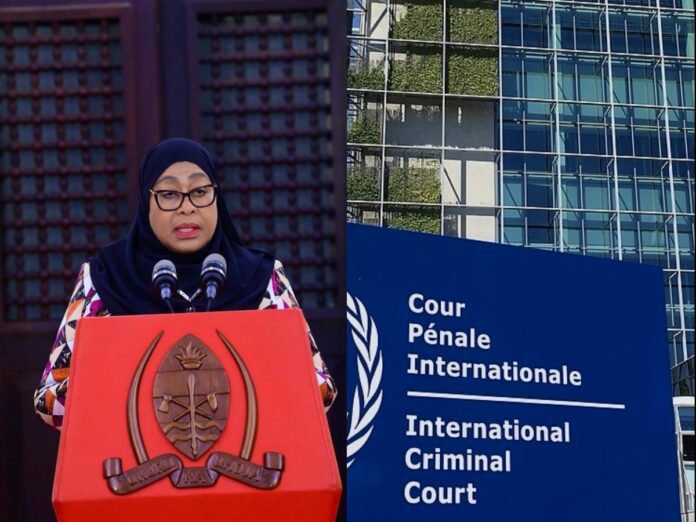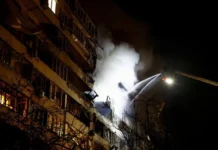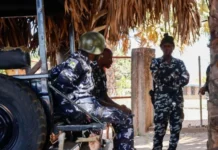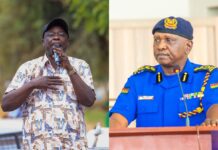Nearly a month after Tanzania’s bitterly contested October election delivered President Samia Suluhu Hassan an implausible 98 percent victory, the country’s darkest chapter has reached the International Criminal Court.
A coalition of international lawyers and human rights organisations led by the Madrid Bar Association filed a 200-page petition in The Hague on Monday, urging prosecutor Karim Khan to open a formal investigation into what they describe as crimes against humanity orchestrated by the state.
The document accuses Tanzanian security forces of murdering thousands of civilians, subjecting hundreds to enforced disappearance, torturing detainees, committing widespread sexual violence, and forcibly displacing tens of thousands of indigenous Maasai communities.
The petitioners want the probe to extend back to 2016, covering a decade of escalating repression that began under the late John Magufuli and, they argue, intensified under his successor.
Eyewitness accounts and satellite imagery cited in the filing reveal mass graves in Dar es Salaam suburbs, bodies dumped in rivers, and detention centres where survivors speak of electric shocks and mock executions.
The violence erupted after opposition leader Tundu Lissu and dozens of Chadema candidates were barred or arrested, internet services were throttled, and ballot boxes allegedly stuffed in full view of silenced observers. When citizens poured onto the streets, police and militia units responded with live ammunition.
The United Nations human rights office has verified hundreds killed and thousands detained. The African Union’s election mission condemned “excessive and lethal force”. Even the Commonwealth, usually restrained, described the process as “deeply flawed”.
At home, the government’s response has been defiant and defensive. It cancelled next month’s Independence Day celebrations, citing the need to repair damaged infrastructure and, critics say, to pre-empt planned nationwide protests on 9 December.
Prime Minister Kassim Majaliwa announced the release of more than 300 people facing treason charges as an act of “magnanimity”, yet opposition figures remain in hiding or exile.
International pressure is mounting. The US Senate Foreign Relations Committee has demanded an independent investigation and threatened targeted sanctions. Diplomats in Dar es Salaam speak privately of a country sliding towards pariah status.



















